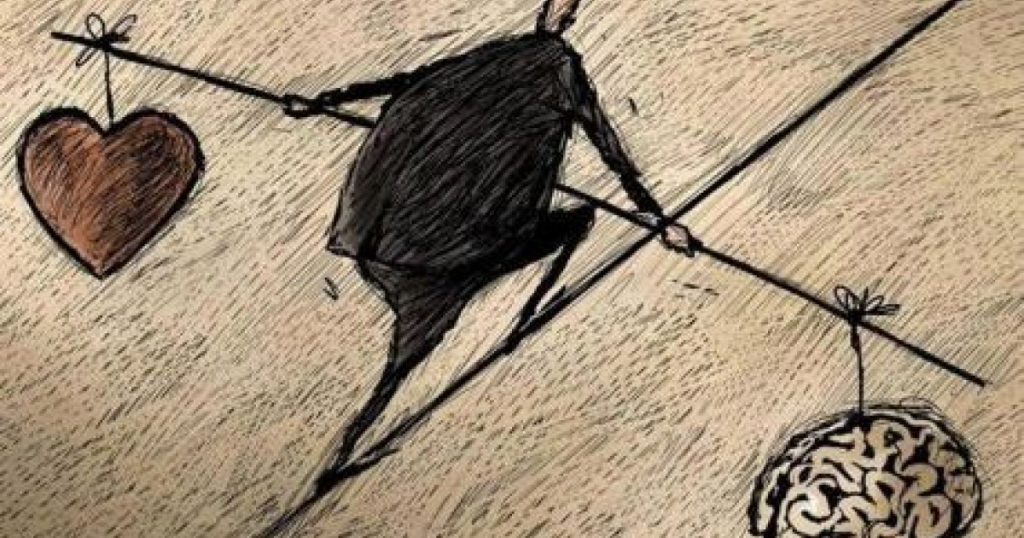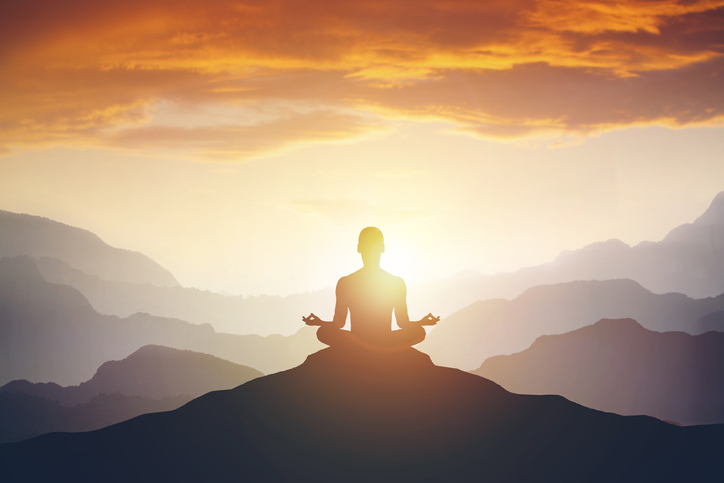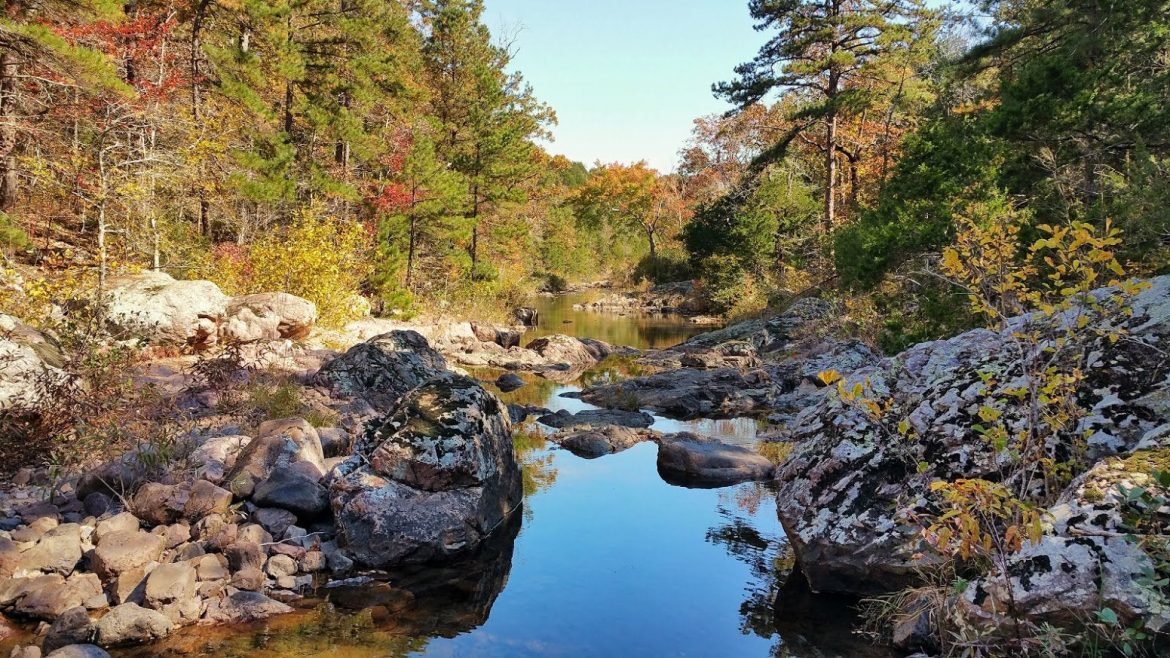At the only sandy ‘beach’ along the creek in Lower Park, a group of parents and children frolic in the water. It’s a lazy late- summer afternoon and the temperature is nearly 110 F/44C.
At One-Mile, where the creek was dammed decades ago to create a public swimming pool about 200 meters long and 50 meters wide, there are more people in the water and on the grass than I’ve ever seen.
Though the sun beats down relentlessly, it’s tolerable in the shade beside the stream. Butterflies flit over the creek, and birds land on the rocks at mid—stream.
The senses open. Though I’m in the middle of town, for minutes at a time there’s no noise of man, just the sound of the rippling creek and the twittering birds. The smell of the earth and water is sweet, and luminous emerald light reflects off the stream.
After awhile, I’m surprised to find that one’s burdens have lifted, sorrow dissolved, and despair dissipated.
Effort of any kind is antithetical to meditation. Mantras are hypnosis; watching the breath is concentration not attention; methods are of thought; and ‘guided meditation is an oxymoron.
One doesn’t meditate according to some idea or previous experience. One simply watches and listens for its own sake. Delighting in passive watchfulness, attention gathers effortlessly, unseen. The illusory observer dissolves, and a meditative state, which is new each time, spontaneously ignites.

The mind and emotions – indeed the brain itself – fills with junk from experience and the culture if one doesn’t regularly allow the space and stillness of emptying. Beyond that basic inner housekeeping however, there is the direct experiencing beauty, silence and the sacred.
Why does meditation require at least a bit of nature, if only in one’s backyard? Because our relationship with nature is the ground from which all relationship flows.
The mind-as-thought mediates experience with symbols and memories. And words, images and memories—the residue of experience—pile up in the mind and heart, clouding perception and corrupting feeling. Observing nature without the observer cleanses the mind and unburdens the heart.
Meditation is inner hygiene.
As we get older, the accretion of experience—the hurts, sorrows, conflicts and psychological memories—grow and slowly suffocate the mind and heart. These accretions, as much or more than poor diet, also affect the body, making it insensitive and dull.
Therefore to my mind, understanding and applying the art of meditation is more important than any other ‘wellness’ practice.
Since any form of effort prevents the meditative state from happening, what can one do?
One can take and make the time to do the most radical thing in this rotten society—nothing. Simply make the space to let things be, let go and observe. Don’t watch your breath and all that other nonsense; just listen and watch, outwardly and inwardly.
Nature is the best mirror. If one sits and is passively aware in a relatively quiet place where one isn’t likely to be disturbed, the senses become attuned to one’s surroundings. Then, by allowing the same inclusive, undirected awareness to turn within, one is able to watch thoughts and emotions as they arise—without judgment or interference — which is the essence of the watcher.
This is the highest action of which a human being is capable, and it is discipline in the true sense of word. Though the word ‘discipline’ usually means to force oneself to do something for the sake of something else — to use a more or less brutal means to reach a desired end – the root meaning of the word is simply to learn.

Meditation begins by ending the illusion of the observer by allowing observation to grow quicker than thought. One sees thought/emotion as a single stream; ‘I’ and ‘me’ are an inextricable part of the stream.
In attending to the single stream of thought without division or effort, the pollution of the past within comes up and flows by and out of one.
It’s easy to perceive the toxins the mind and emotions accumulate and secrete. We see it manifest in the world every day on the news, and feel it, if we are at all aware, in this dead and darkness-saturated culture.
Allowing space in the mind is the most important thing. Without it, there’s only the continuity of thought and accretion of memory. Functional memory is essential, but psychological memory is suffering.
Life, as we usually know it, is a chain of thought as memory, impeding seeing and feeling and anchoring us to the past. That prevalent way of living prevents freedom, and sinks us into the muck of the personal.
The deepest intent of the human being is freedom. Freedom means leaving the increasingly polluted stream of content-consciousness, if only for a little while every day. Freedom comes the effortless, diligent art of meditation.
Martin LeFevre
lefevremartin77 at gmail.com

